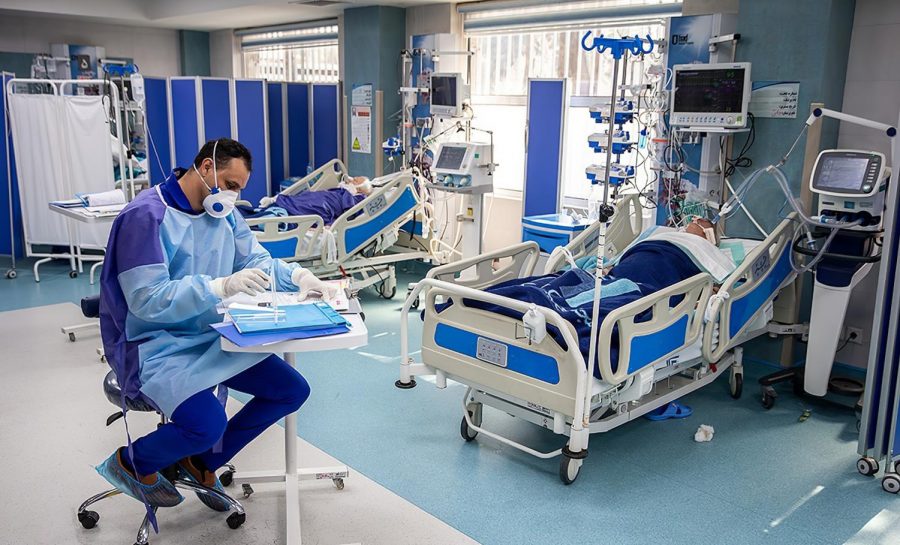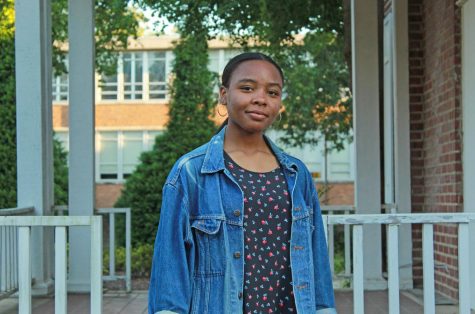Gates: The coronavirus is having a fake news crisis
Conspiracies and false treatments continue to heavily influence the public as the severity of COVID-19 increases.
April 2, 2020
Nothing in recent memory has dominated public consciousness quite like the coronavirus, otherwise known as COVID-19. Life has gone quiet as places across the world enforce strict social distancing measures. Lives are upended as people are forced out of work and school with nothing to do but stay home.
There’s a lot about COVID-19 that scientists don’t understand yet. Without a vaccine or treatment, the uninfected must rely on preventative measures. People are scared, stressed, and confused, and reasonably so. Unfortunately, fear and uncertainty have given way to a breeding ground for rumors and lies.
A situation report from the World Health Organization (WHO) described the rise of misinformation on the coronavirus as an “infodemic.” Conspiracies and false remedies are rampant. The most popular conspiracy theory is that the coronavirus is a bioweapon created as part of the ongoing tensions between the U.S. and China. Others claim that the virus can be treated with anything from bleach to bananas to hot lemon water.
Myths like these often spread like viruses, popping up on timelines and playing on strong emotions. They arise in times of great turmoil when people want a way to make sense of the world. But these stories only sow ignorance and suspicion of the world around you, from neighbors to those in authority.
Many of the”treatments” being spread online may seem reasonable or scientific, but are usually flawed or outright false. The people who fall for them put themselves and others at risk. One woman in China needed medical attention after ingesting 3.3 pounds of raw garlic after hearing on social media that it was a possible treatment.
Since the virus originated in China, the country and its people have become scapegoats. Conspiracy theories focus on the recent conflicts between China and the U.S., and a rumor about people in Wuhan eating raw bats has spread across social media. This has contributed to the rise of racist and xenophobic attitudes towards Asian Americans.
Social media platforms like Facebook and Twitter are struggling to keep up with the amount of misinformation on their platforms. Even then, it’s an individual’s responsibility to make sure they’re informed by legitimate sources.
The best places for information are the Centers for Disease Control and Prevention (CDC) and WHO. They have pages dedicated to up-to-date and accurate information on COVID-19 here and here. If you see a random Tweet or Facebook post, no matter how legitimate it seems, find sources to back it up online. Investigate if the account or website behind the claim is legitimate. If it seems outlandish or sensationalized, too good to be true, or lacks strong sources, it’s probably fake.









